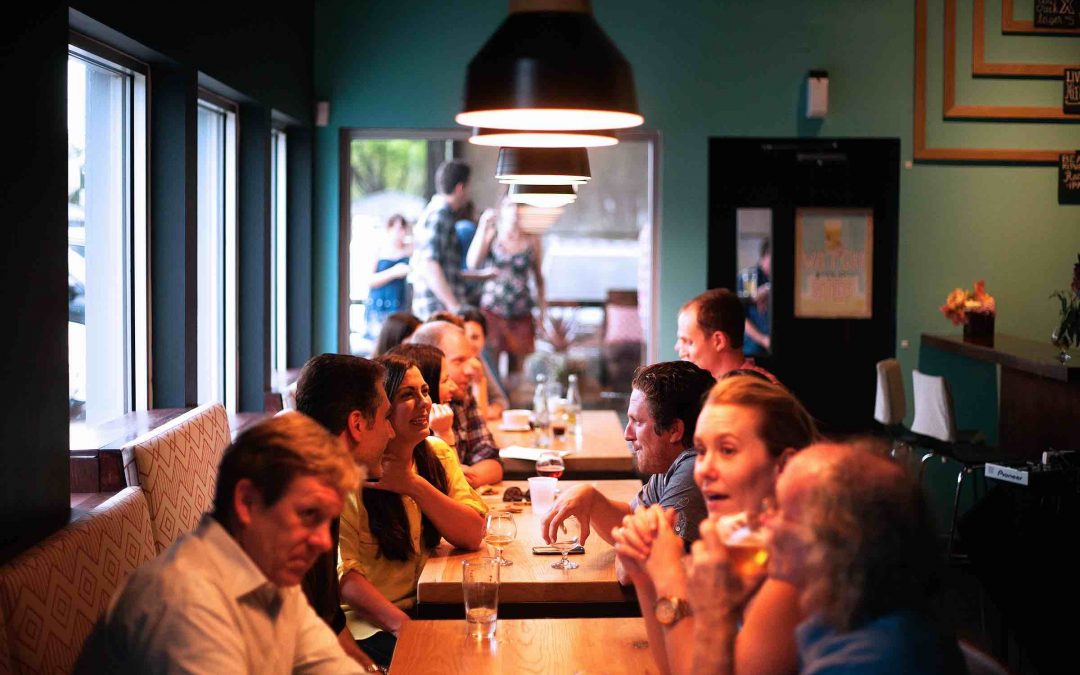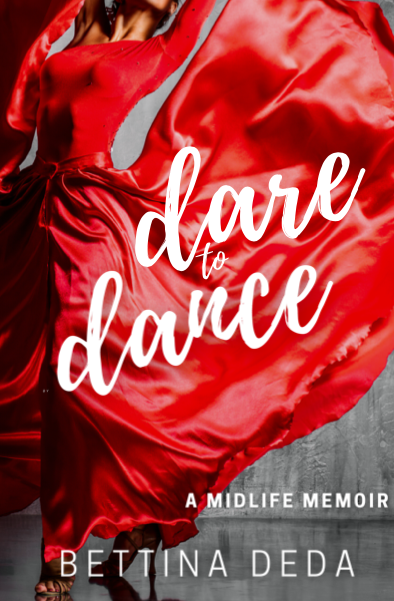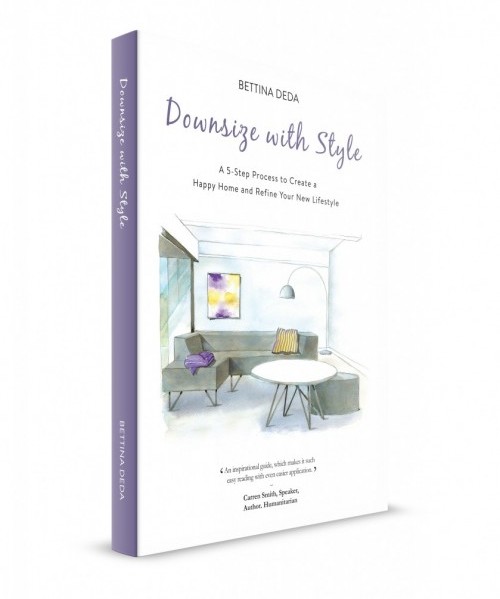Last Friday the day had come; I was getting ready for my first literary speed dating experience. Booked months ago with the intention to pitch a new project that hadn’t even started. But I was working towards it since May this year. In October, I finally got the green light. Just on time to get ready for the speed dating fun.
When I arrived outside the church hall in Glebe where the Australian Society of Authors (ASA) expected 65 writers for 90 minutes of pitching a few people had already gathered in front of the building.
“Is this the venue for the ASA speed dating?” I asked more to have a reason to start a conversation, as I was pretty sure that Google maps had directed me exactly where I was supposed to be.
“Yes,” came the short answer from one of the women standing in a circle with a few others.
I retreated near a column and rehearsed silently my biography pitch that I had practised over and over during the past days. ‘Be prepared’ was one of the recommendations the ASA had published on their event page.
Slowly, the pavement started to fill with more women – there were only a few men at the event – and the chatter increased in volume.
30 minutes before the official start, a lady opened the door and instructed us about the course of the afternoon. After the registration, we would have to wait in the lobby until they would open the doors to the hall at 2:30 pm sharp. All the publishers would be sitting around the room in alphabetical order, starting with ABC Books on one side and finishing with Random House on the other. As there were three doors into the hall, she asked us to form three lines. I placed myself in the middle line. Once the door opened, everyone could queue in front of their publishers of choice. Each writer would get three minutes to pitch their project until a bell would remind everyone to finish the conversation and move on to the next table.
I felt I was well prepared after I had followed all the instructions on the ASA website to make most out of this opportunity. And when the doors finally opened, the masses entered the room, and the pitching marathon began.
90 minutes and six conversations later I left with a content feeling and the certainty that I had met six publishers in person and extended my contacts into the publishing world.

Here are the three things I learned:
1. Don’t be nervous, be prepared
There is no reason to be nervous or anxious if you have prepared your pitch and are confident with what you are presenting. Apart from a writing sample, I had compiled a document with publishing credits, my social media accounts and contact details. I also had a copy of my self-published book for each publisher. This selection of information proved to be valuable, and each publisher selected what he or she wanted to take.
2. Publishers are pretty normal people doing their job
After the first pitching session with Jude McGee from ABC Books – which was a kind of an icebreaker, as I had met her only a few weeks earlier at the NSW Writers’ Centre Harper Collins Open Day – I approached each three-minute session as a conversation where I talked about my new non-fiction project. The slight nervousness I had felt while waiting had transformed in a positive attitude making most of this not everyday opportunity. All of the publishers listened intensely and either asked questions or if they felt that my project was not for them gave important recommendations how to proceed.
3. Even a negative answer is valuable
I spoke with six publishers and ended up with three rather positive reactions, two slightly reluctant answers and one definite no. The practice of doing this exercise, however, was worth attending the event. And I even left the conversation with the publisher, who very quickly said no, with a couple of tips how and where to find the right publisher for my project. Plus, I met six publishers from ABC Books, Affirm Press, Hachette, Harlequin, Harper Collins, and Random House in person, and you never know when you need these contacts in the future. As we had heard from Harper Collins at the Open Day, it is perfectly fine to contact a publisher via email if you have met him or her before.
To sum it up, I would recommend embracing every speed dating opportunity you can attend, as it was a valuable experience and a lot of fun as well.
Have you been to a literary speed dating? I would love to hear about your experiences.








I did this even last year Bettina and I was SO nervous! But you have summed it up perfectly, everyone is just there to help and the no’s can be incredibly valuable. I’ve since met a publisher I was recommended to at this event, who told me to send her my work when I’m happy with it, and even though I’m not really sure what that means, I’m thrilled none the less! (I mean it has to be a step up from the slush pile right?)
Yes, definitely. As I experienced this year, it is perfectly ok to email a publisher and contact him or her directly once you have met them personally.